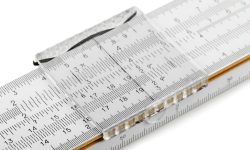21st Century Trusteeship and Governance – Pensions Regulator discussion paper

24 August 2016 The Pensions Regulator has issued a discussion paper titled “21st Century Trusteeship and Governance” which continues engagement with the pensions industry in considering how best to support trustees in fulfilling their responsibilities and improving beneficiary outcomes. The paper highlights key findings and challenges from the Regulator’s research into the work of trustees, and poses thirteen key questions to shape future policy decisions. The questions are wide ranging, covering: the role of professional trustee, the role of the chair, the challenge for new trustees and trustee knowledge and understanding, minimum competence and continuous personal development, conflicts of interest,…








